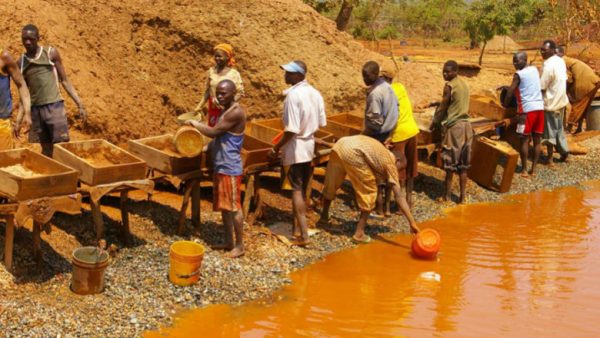Innocent Sibonginkosi Ncube
The Bulawayo City Council (BCC) is struggling to combat illegal gold panning in the city’s dam catchment areas, which is causing severe land degradation and negatively impacting water flow into the city’s reservoirs.
“The scale of the catchment areas far exceeds the capacity of our existing workforce and equipment,” said Nesisa Mpofu, BCC Corporate Communications Manager.
“We need to recruit additional staff and procure advanced technology, such as drones and all-terrain vehicles, to enhance surveillance efforts.”
Khumbulani Maphosa, coordinator of the Matabeleland Institute for Human Rights (MIHR), emphasized the need for stronger legal frameworks to deter illegal gold panning.
“Empowering local authorities with greater jurisdiction over environmental protection is crucial,” Maphosa said.
Effort Dube from the Zimbabwe Environmental Law Association (ZELA) highlighted the issue of corruption within enforcement ranks. “Raids are often thwarted by tip-offs, suggesting that some council members or other authorities may be working in league with the illegal miners,” Dube said.
To address this, Dube advocated for internal investigations and stricter oversight of anti-panning operations.
“Reducing corruption could bolster public trust and ensure that raids and other enforcement measures are more effective,” Dube said.
Mpofu noted that education and awareness campaigns are also essential.
“Many communities near the catchment areas may not be fully aware of the environmental damage caused by illegal mining,” Mpofu said.
“We need to focus on community-driven solutions, where locals are actively engaged in conservation efforts.”
The problem of illegal gold panning in Bulawayo’s catchment areas requires a multi-faceted solution that integrates technology, legal reforms, and socio-economic development. By combining these efforts with better coordination between local authorities, stronger anti-corruption measures, and community involvement, Bulawayo can move towards safeguarding its critical water supply for future generations.
Zim GBC News©2024


